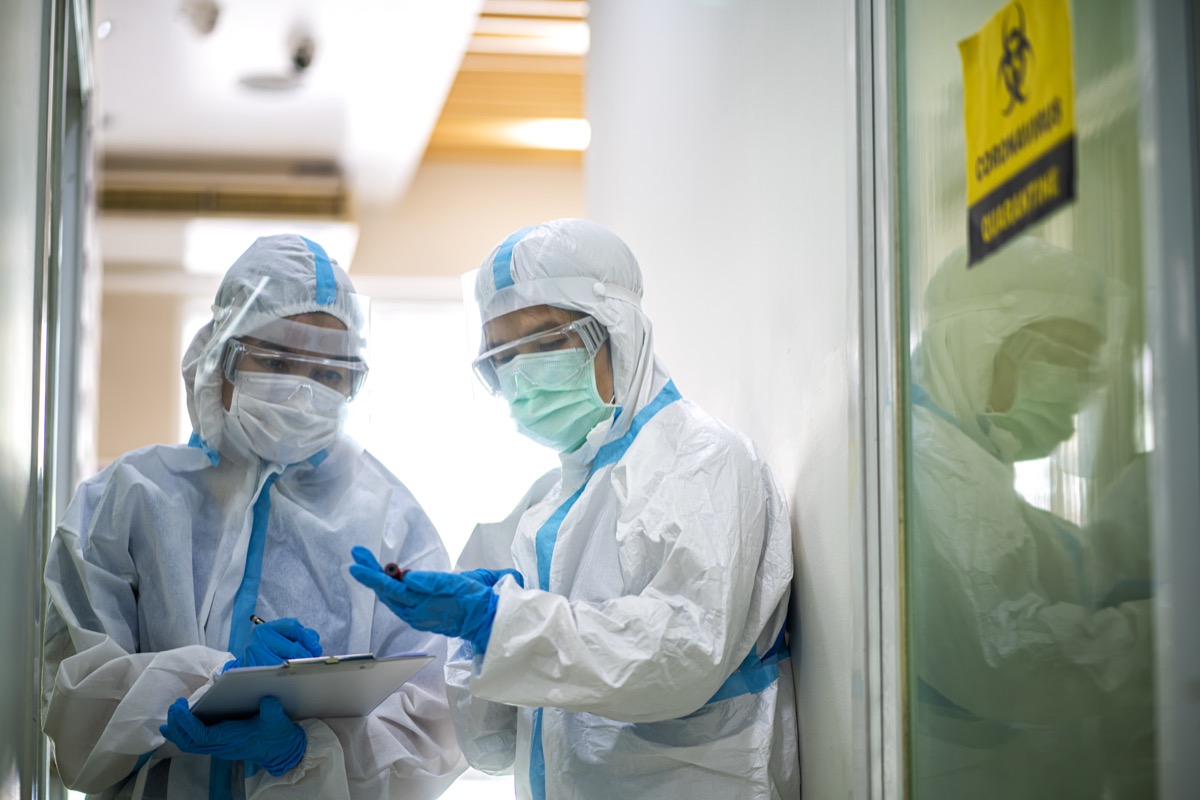The study, which was published on Aug. 11 in the journal Science, observed the immune response of 76 people infected with COVID-19 and 69 healthy people from both Hong Kong and Atlanta, Georgia. They found that those with the worst cases of COVID had immune cells that were slower and less effective in responding to the SARS-CoV-2 virus. The natural immune response in all people is to rapidly sense a virus and launch an immediate attack against it. However, the new Stanford study found that immune cells in those who experienced severe cases of COVID were actually quite sluggish, and less immediate in their attack. “These findings reveal how the immune system goes awry during coronavirus infections, leading to severe disease, and point to potential therapeutic targets,” Bali Pulendran, PhD, senior author of the study, said in a statement. The study also found that increased inflammation plays a part in suppressing the immune response, as well. The researchers found higher levels of bacterial debris in the blood of severe COVID patients, and that debris seemingly makes its way into the bloodstream of these patients, activating inflammation. Researchers also found higher levels of inflammation-promoting molecules in the blood of severe COVID-19 patients. Three of these molecules—EN-RAGE, TNFSF14, and OSM—have typically been responsible for lung inflammation in other diseases, but this study is the first to show them in COVID-19 infections.ae0fcc31ae342fd3a1346ebb1f342fcb RELATED: For more up-to-date information, sign up for our daily newsletter. “One of the great mysteries of COVID-19 infections has been that some people develop severe disease, while others seem to recover quickly,” Pulendran said in a statement. “Now we have some insights into why that happens.” And for more on the different cases of coronavirus, check out This Is Why Some People Don’t Have COVID Symptoms, New Study Shows.
